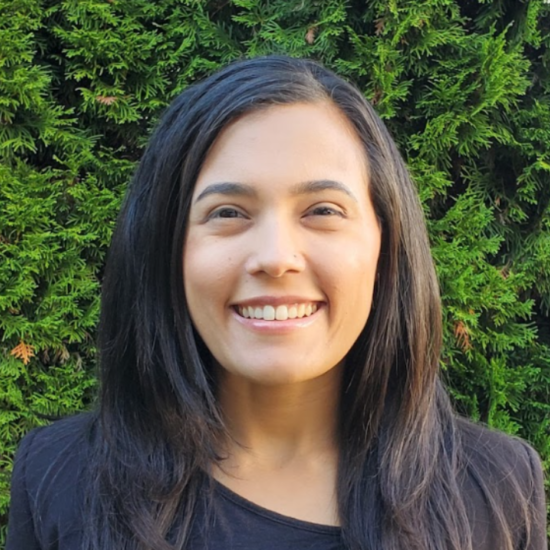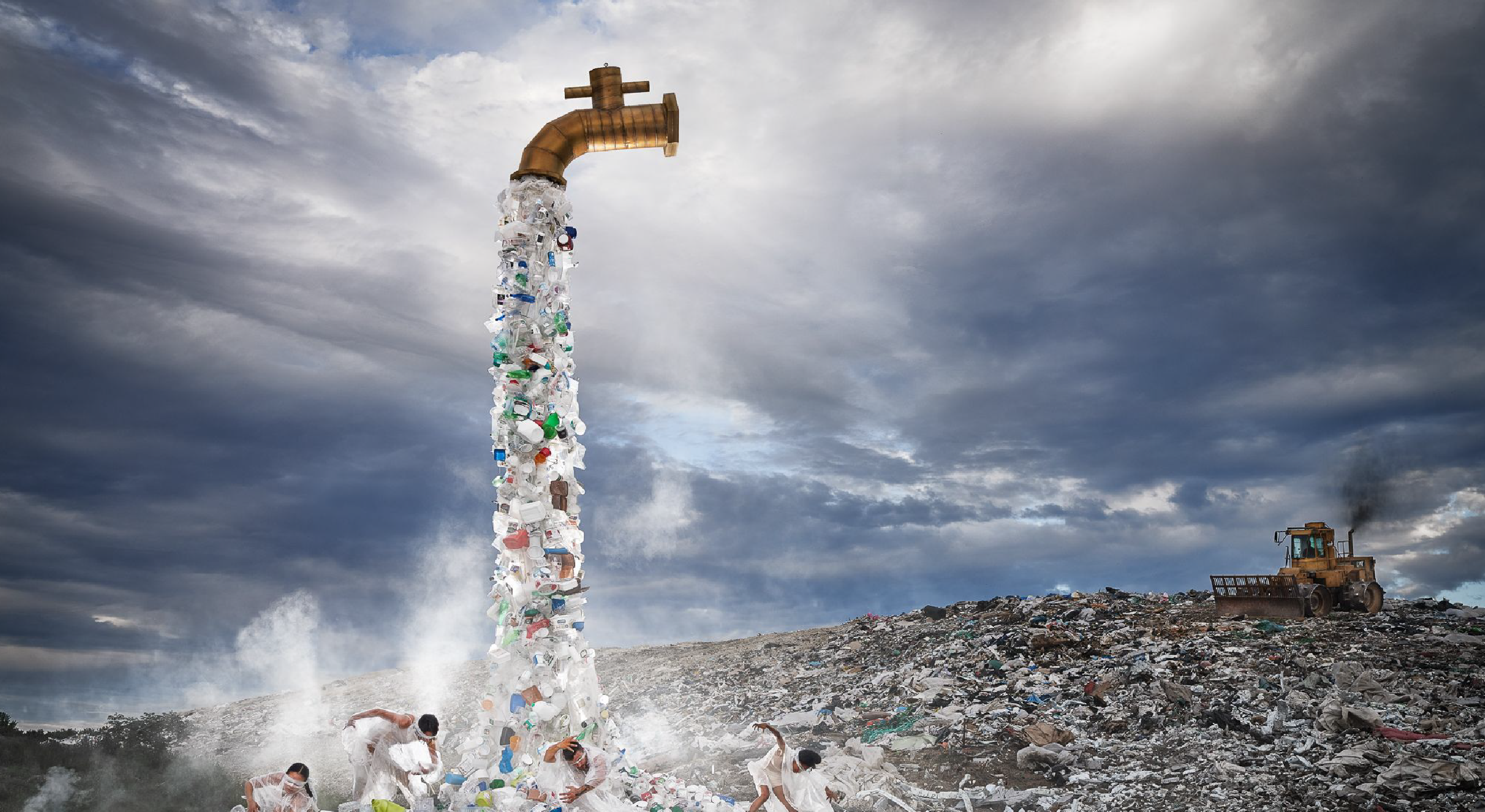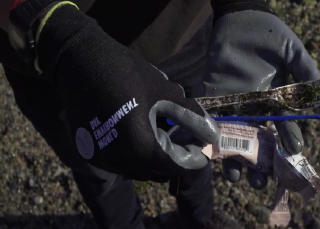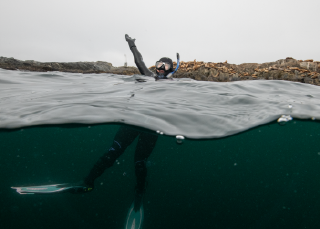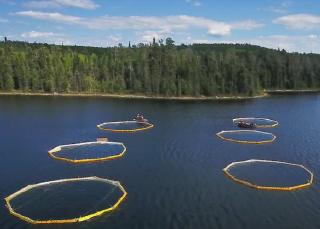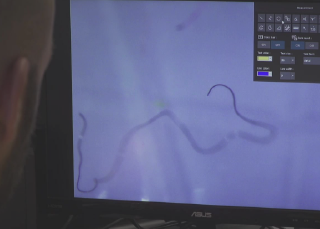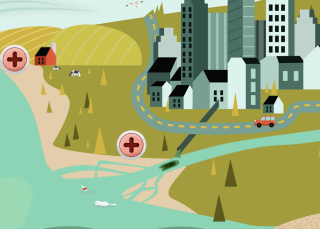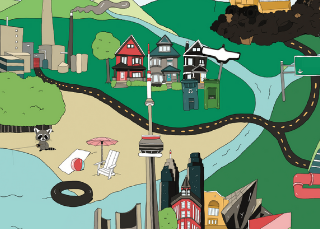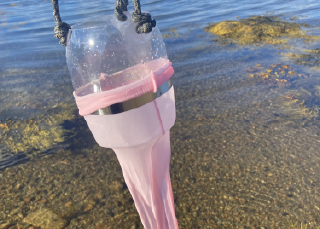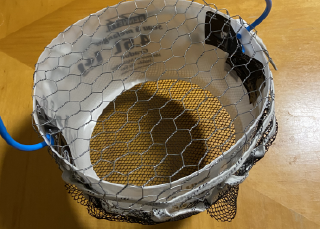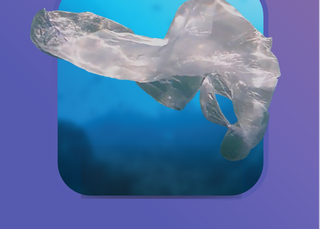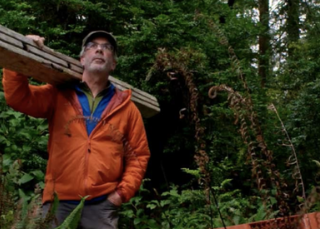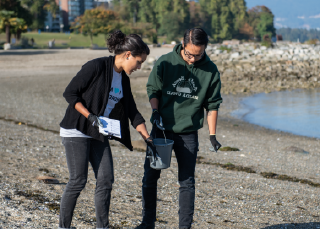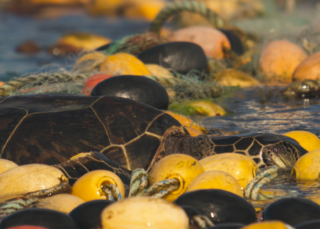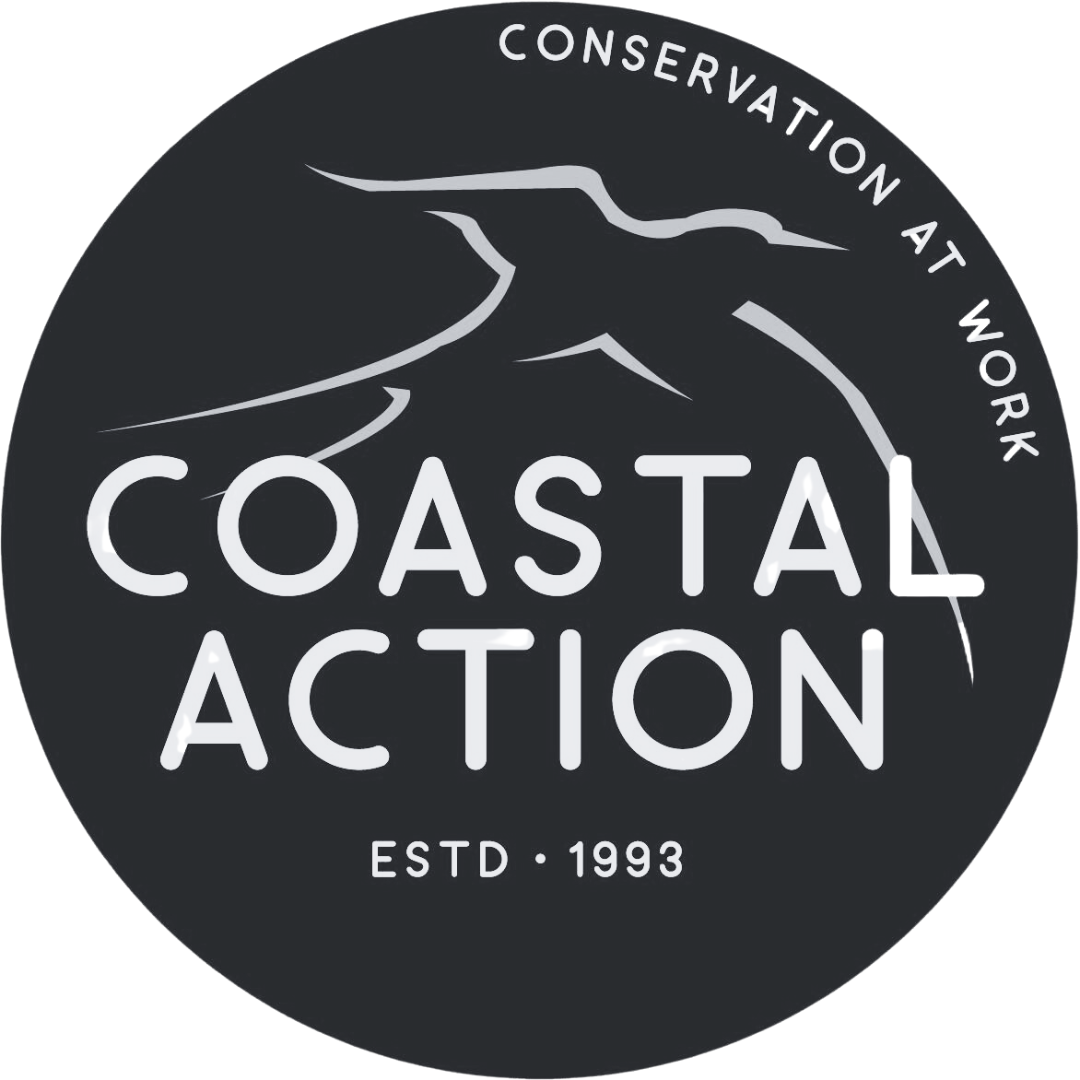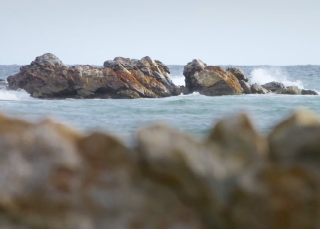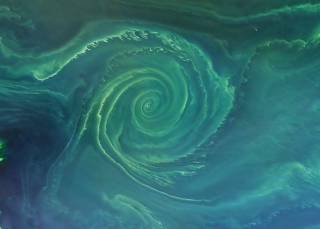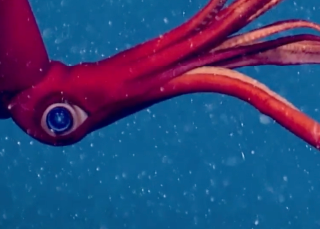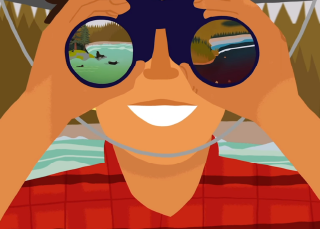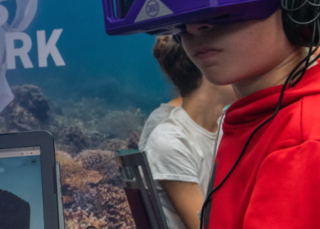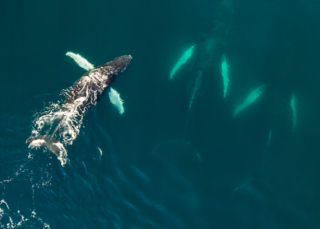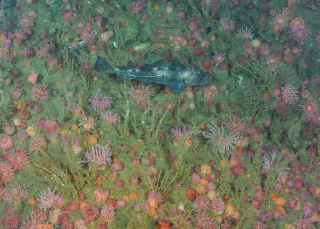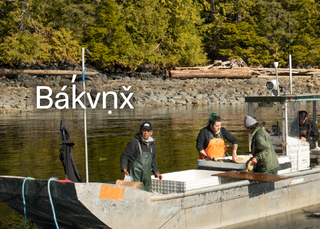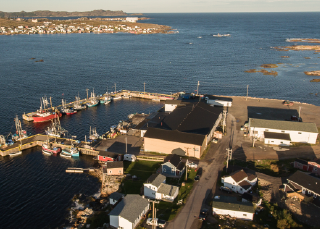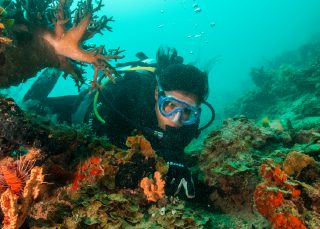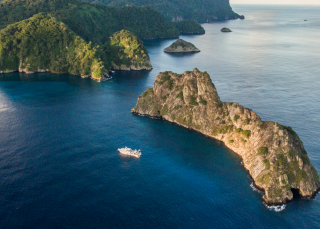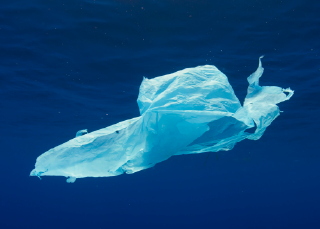The problem with plastic
How can I be part of the plastic solution? The ocean is downstream from everything, so plastic pollution from land is a big problem for life underwater. In this collection, you'll discover what plastic is and how it became a household staple. You'll learn about the problems plastic causes in aquatic ecosystems, and how you can be part of the solution. Join youth host Jay as he cleans up a beach and visits Ocean Wise’s high-tech Plastic Lab in Vancouver to learn where plastic pollution comes from. Next, travel to Toronto and St. John’s to meet scientists Chelsea Rochman and Max Liboiron who are researching the impacts of plastic on our ecosystems. End your journey with four changemakers who want to stop plastic pollution.
Media Type
We made this collection with the University of Toronto Trash Team. This partnership was born out of a shared love for our waterways, environmental education, and scientific research. The U of T Trash Team has generously provided expertise on plastic pollution and solutions to decrease waste. We have adapted lessons and activities from their education resources, and their team has meticulously validated the content in English and French. We are grateful for their support and friendship! Click here to learn more about the U of T Trash Team.
Note: There are two versions of Plastics on trial. The video is the same, but the activities are different. "Plastics on trial: BabyLegs" is meant for highschool students, and "Plastics on trial: Ice Cream Scoop" is more appropriate for elementary students. Please select accordingly when you generate the sharing link for your class.
In this collection
- 12 resources
- Adventure Time 2 h 9 min
- Activity Time 16 h 35 min
Make the most of your Ocean School adventure!
Tips, tricks, and recommended resources
We know that plastic just persists in the environment for years to come, it doesn't disappear.
